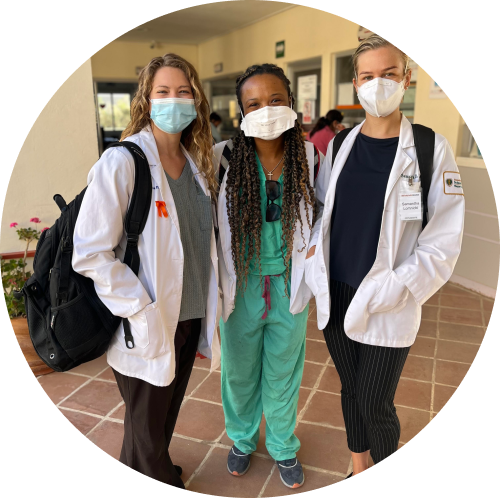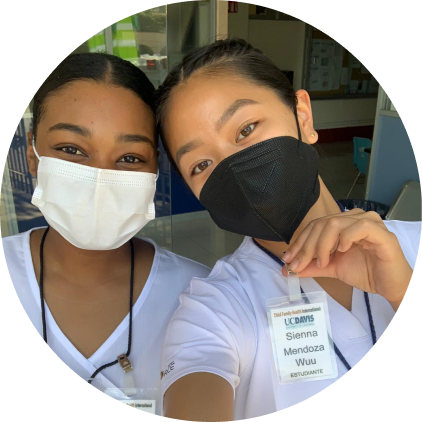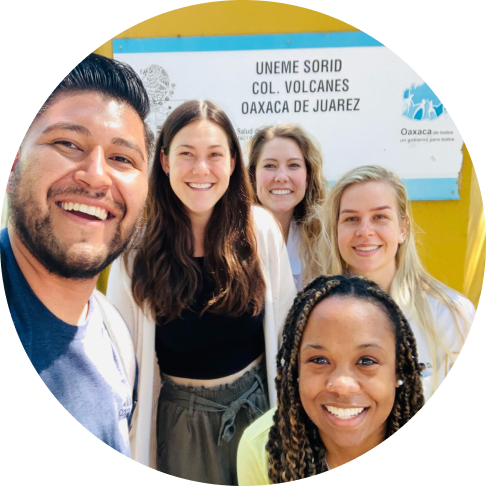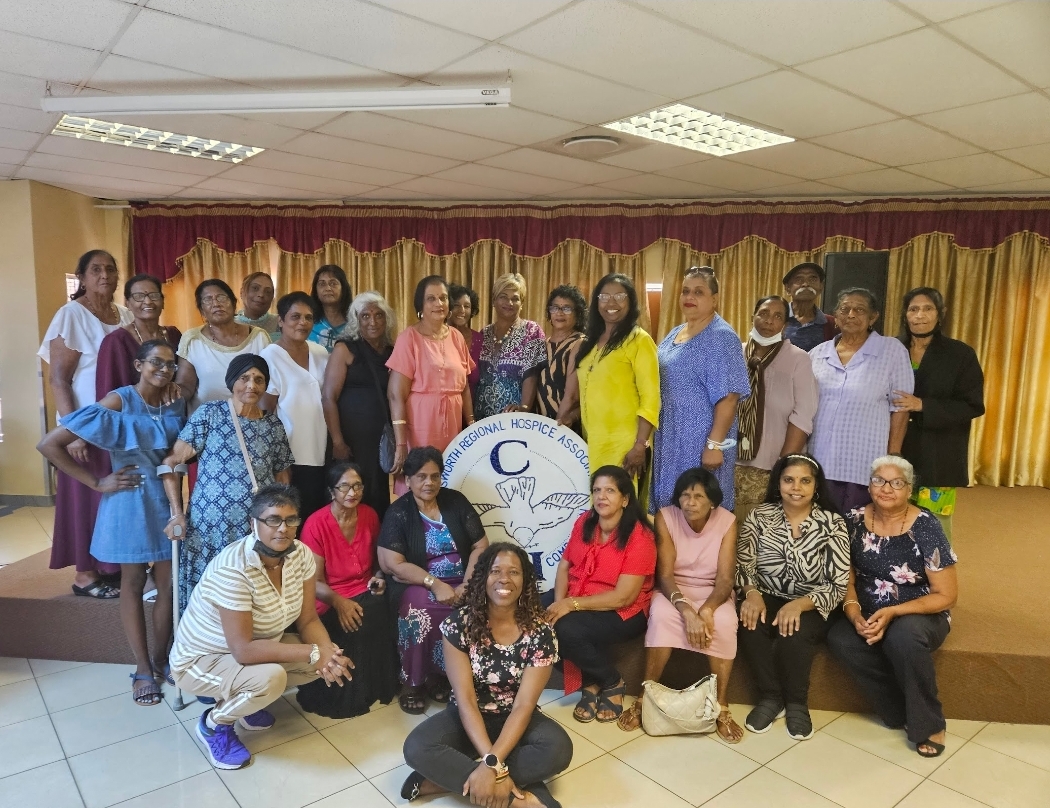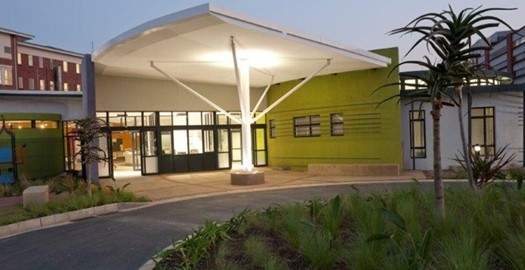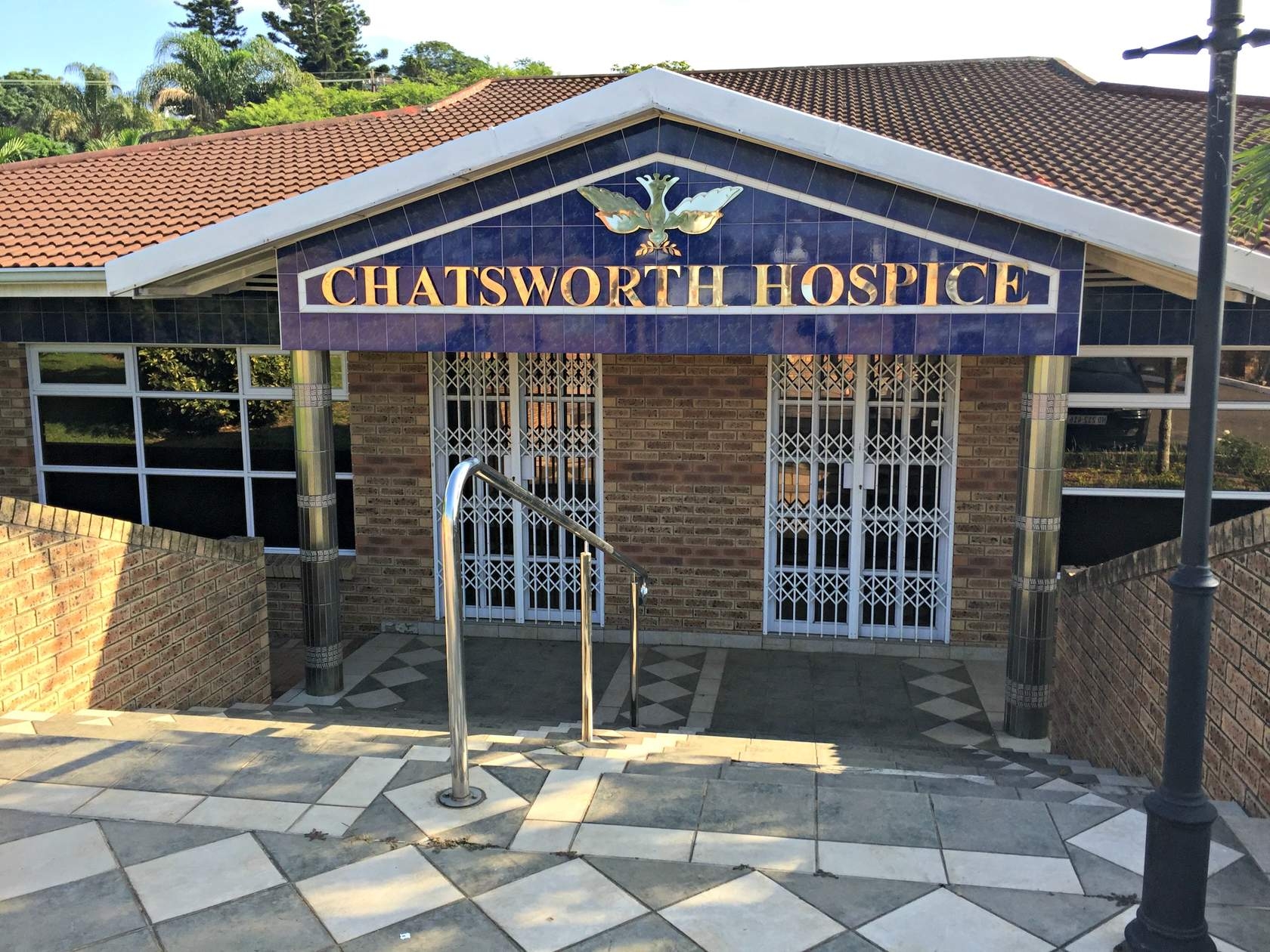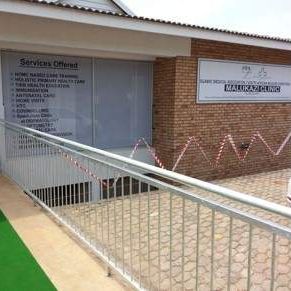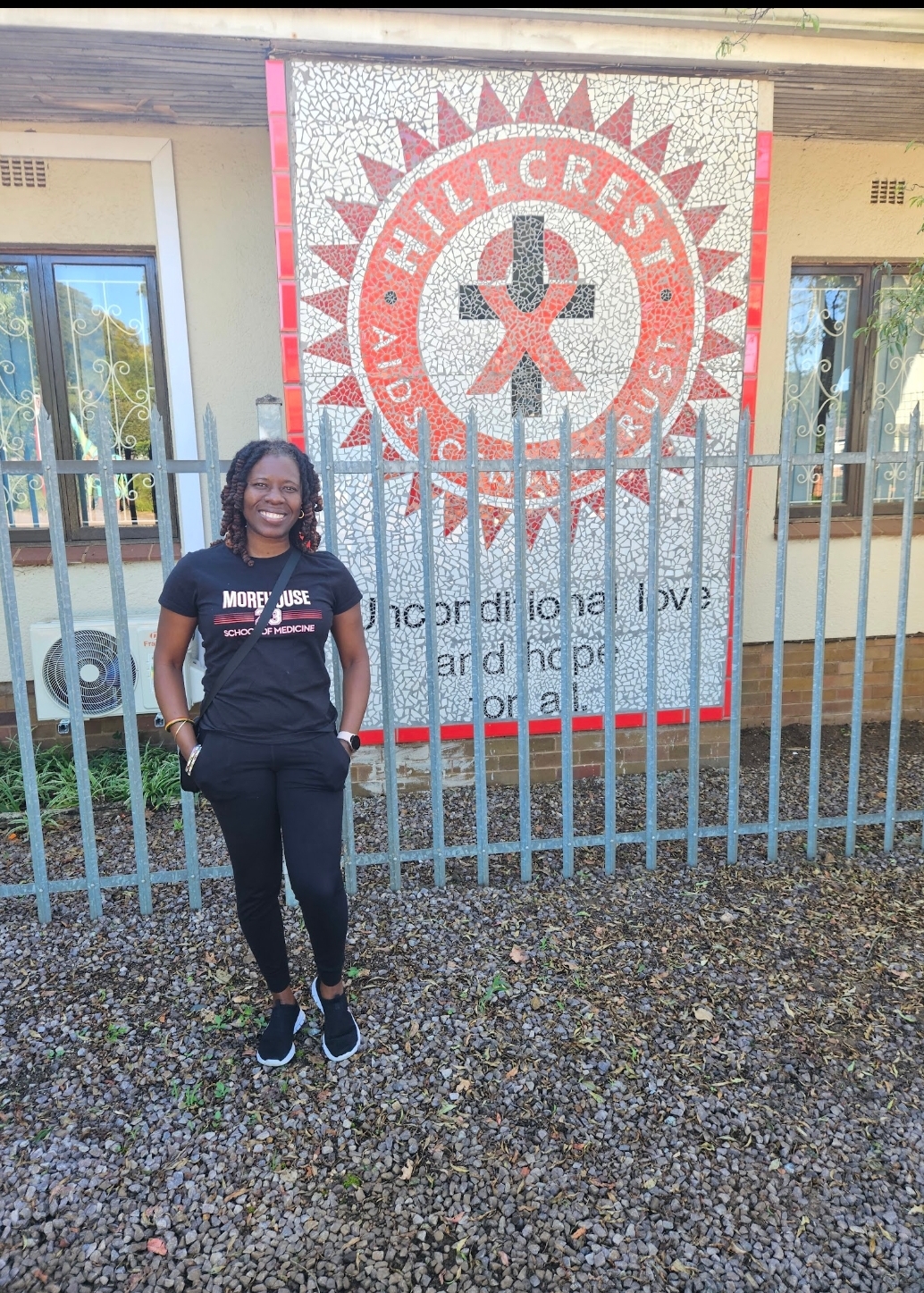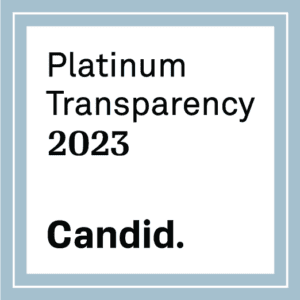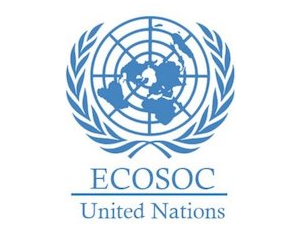- Home
- All programs
- Global Health in South Africa (Durban)
Global Health in South Africa (Durban)
Apply NowProgram overview
Durban is the heart of the Kwa-Zulu Natal province in South Africa, and the heartland of Zulu culture. This dynamic city of over 3 million people is South Africa’s third most populous city, known for its warm subtropical weather and beautiful coastline.
Since Apartheid’s fall in 1994, South Africa has improved infrastructure, education, economic opportunity and healthcare services for the underserved. Kwa-Zulu Natal province was the epicenter of the HIV/AIDS epidemic in the 1990’s with lasting impacts in subsequent decades. This challenge led to innovative approaches to provide access to prevention, treatment and education. Despite great efforts, the repressive legacy of Apartheid and the HIV/AIDS and TB pandemics have continued to overburden the fledging healthcare system.
During this program, learn about health realities and determinants in Durban by observing clinical and public health activities in various settings, including a tertiary level public hospital, and in private clinics, hospices and NGO’s. Learn about infectious and non-communicable diseases from health experts and witness first-hand the challenges faced by the post-apartheid public health care system.
Become immersed in local culture by staying with a homestay family and exploring local Apartheid museums, food and craft markets, touring the breathtaking Drakensberg mountain region and enjoying other sites of historical and cultural interest.
About this program
- Location
- Accommodations
- Arrival Information
- What's Included
- Things to Do
- A Day In The Life
- Alumni Advisor
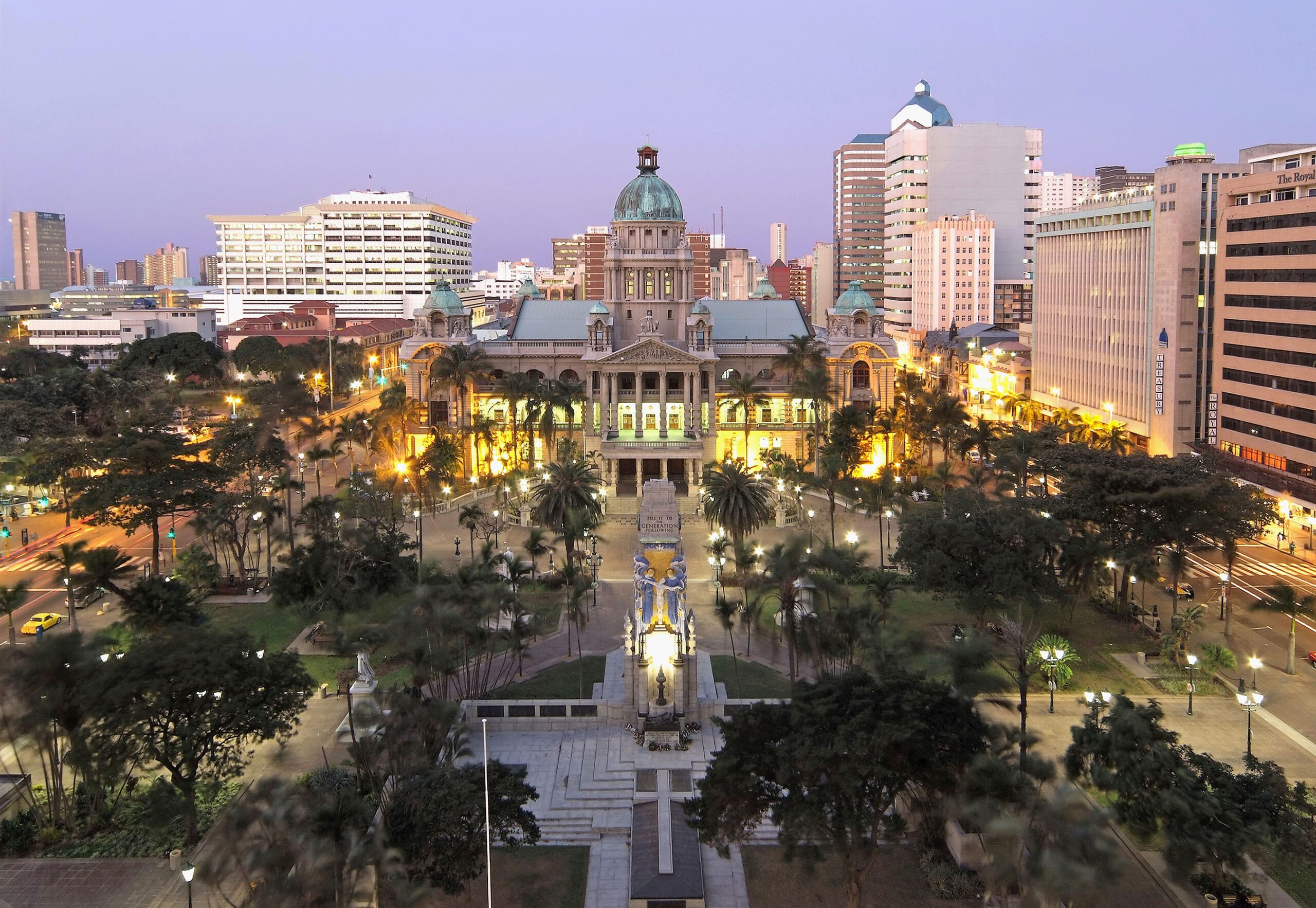
Durban is located on the Indian Ocean and boasts warm sub-tropical climate with average temperature of 82 in the summer and 68 in the winter. Because it is located in the southern hemisphere, the seasons are opposite to that of Europe and North America. Spread out and with hilly terrain, it is known as the vacation capital of South Africa, with beautiful beaches and natural and cultural treasures such as Drakensburg mountain, Kruger National Park and the Zulu nation. It also boasts a unique fusion of cultures: the bulk of its population is Zulus, descendants of indentured laborers from the subcontinent of India and British settlers.
The main language spoken in the Kwa-Zulu Natal and the city of Durban is English. However, Zulu is widely spoken but almost everyone, even if it is their second or third language, can speak and understand English fluently.

Program participants will find their home away from home in carefully selected homestays, screened by CFHI Local Coordinators in Durban and following CFHI’s health and safety guidelines. Nestled within a middle-class suburban neighborhood in the Woodlands area of Durban, these homestays offer the perfect blend of comfort and authenticity. In some cases, CFHI scholars share a house or a room in the same homestay with fellow program participants.
Going beyond mere lodging, staying with a local South African family provides a unique opportunity to learn about the local culture. Accommodations include two meals per day. At the welcome orientation, participants will be instructed on culture and work etiquette to have the best experience in both homestay and the health settings.

Participants should arrive in Durban, South Africa, on the program start date and will be picked up from the airport by a CFHI representative and taken to their homestay. A welcome orientation will take place the Sunday after arrival.
Visas are not required for U.S. citizens staying less than 3 months in South Africa. More information on travel and logistics will be provided by CFHI after acceptance into the program.

What’s Included
CFHI Program fees include the majority of your on the ground costs. As a nonprofit, CFHI strives to keep fees low and offers fundraising opportunities, scholarships and discounts.
Pre-Departure Support
- Program advising and support via email, phone, and web meeting from CFHI’s Central Leadership team
- Detailed online Pre-Departure Training that includes modules on program logistics (flights, visas, immunizations, and more), intercultural learning, introduction to health realities at your program site, and much more
On-Site Services
- Airport pick-up upon arrival and transportation with a local CFHI representative to your program lodging
- Welcome orientation 1-2 days after arrival covering safety, transportation, and other logistics
- CFHI Local Team that provides instruction, logistical support, and 24/7 emergency response
- Meetings and lectures on local healthcare system, socio-economic determinants of health and current cultural/historical topics.
- Placement and coordination of clinical and any public health activities (if relevant)
- Accommodation and two meals per day
- Local cell phone or support obtaining a local SIM card
- International emergency medical and evacuation insurance (unless waived by your university or institution)
Post-Return Resources
- Opportunities to engage as a CFHI Alumni Ambassador, reviewing scholarship applications, speaking on CFHI panels, and more
- Access to CFHI alumni-only social media group/s featuring news and career opportunities related to Global Health
- CFHI alumni newsletter highlighting events, professional development opportunities, resources, and ways to stay involved
Uniquely, 60% or more of CFHI student program fees go directly to the communities they will be visiting, benefiting the local economy at large.
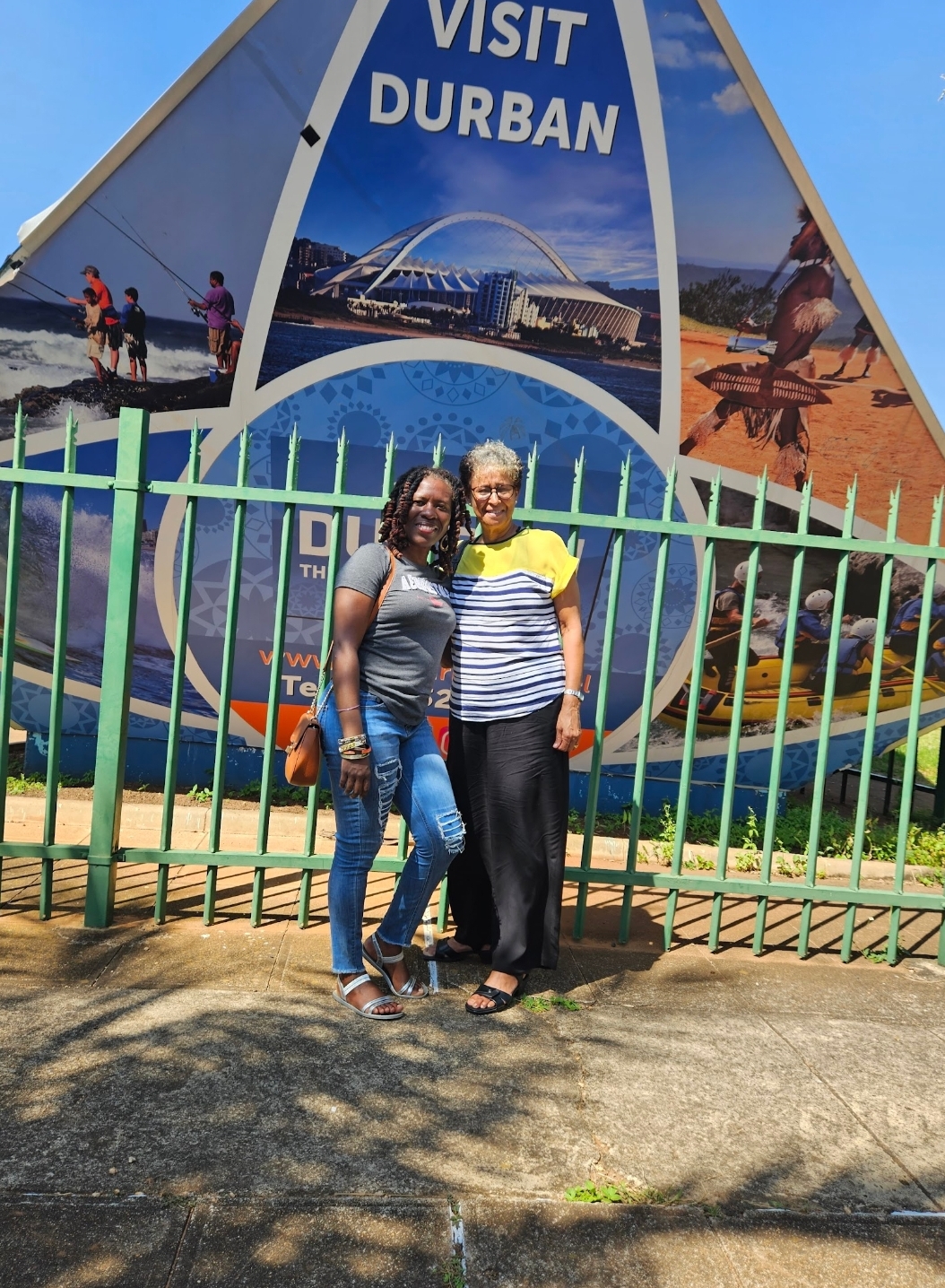
Known in South Africa as the place to go to bask in the sun on its golden beaches, “Durbs”, as it is known to the locals, offers a mile long boardwalk known as the “Golden Mile” where South Africans of all walks of life mingle amongst sellers of Zulu arts and crafts. But Durban offers much more than just white sand and the clear warm waters of the Indian ocean.
Further out, the Kwa-zulu Natal province offers exciting activities such as a game drive through Phezulu Safari Park, Zululand birding route and a visit to a traditional Zulu village where you can witness traditional Zulu dance and learn more about ancient rites.
Thembe Elephant Park offers a unique opportunity to view some of the largest jumbo elephants in the world. Further out, one can drive one of the most scenic routes in South Africa, the Maloki-Drakensberg heritage route. The Hluhluwe/imfolozi Game Reserve is also part of the amazing array of opportunities available to all those that visit the Kwa-Zulu Natal province. Students may visit Kingdom of Lesotho and the famous Krueger National Park outside of the KZN province during their time in Durban.
During the first few days in South Africa, participants may have the opportunity to participate in an educational day – long tour of Durban, focusing on the history of Apartheid as well as a double decker bus city tour.
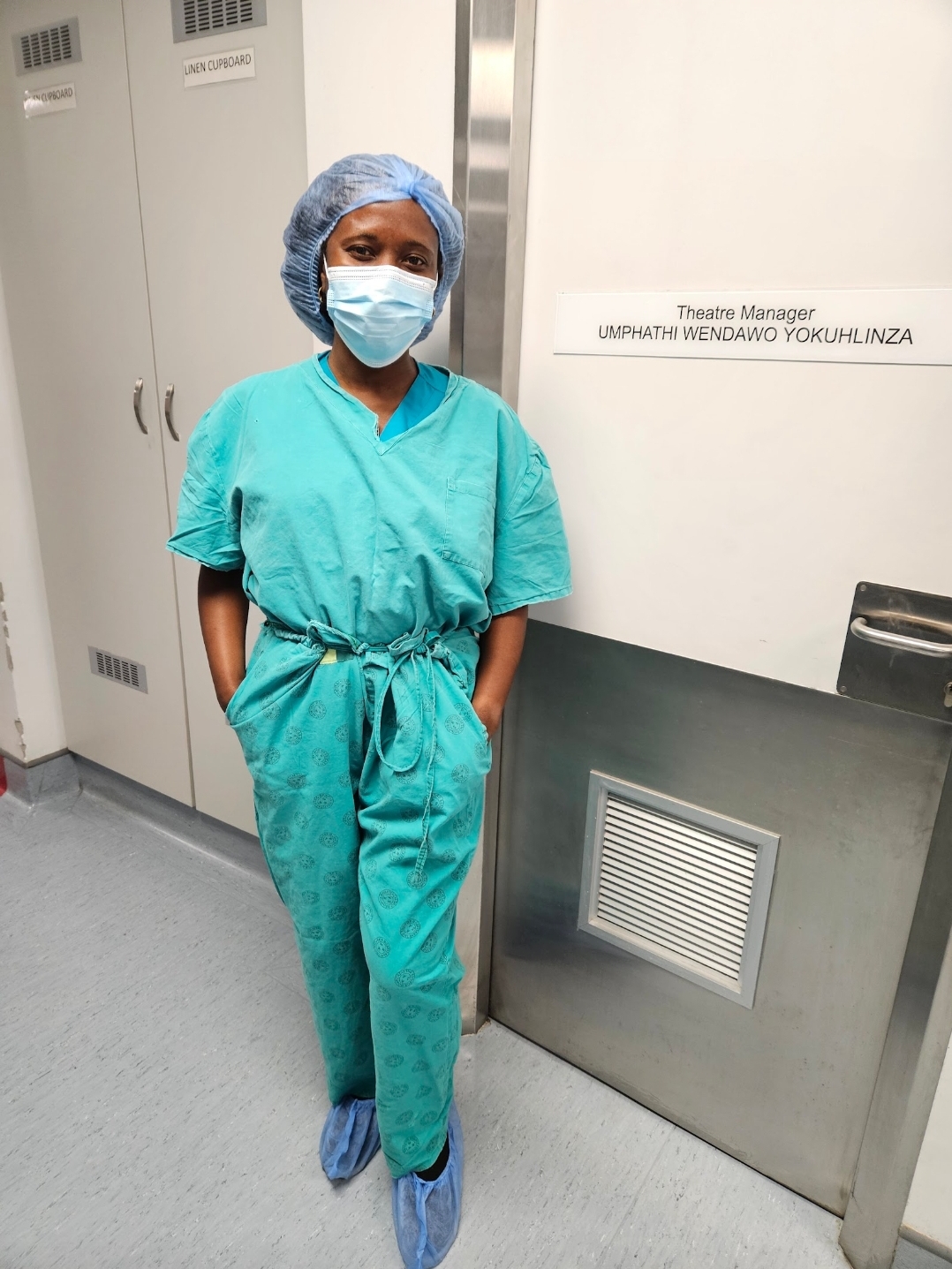
A typical day in a CFHI program is a blend of immersive learning, cultural exploration, and personal reflection. Participants begin their mornings with breakfast at their homestays. Clinical rotations will usually take place five days a week, for 4-6 hours each day. The clinical site assignments and schedule are shared by the local team upon arrival. Dinner will be served by the host family in the evenings. Weekends are free of program-planned activities.
Be advised that South Africa is experiencing frequent scheduled power outages (known as load-shedding). Power outages do not affect clinical rotations, and outage schedules are generally known in advance so that South Africans and visitors are able to plan accordingly. This means that there are likely to be times each day when electronic and communications devices cannot be used and flashlights/backup power sources will be utilized. Hot water may also be affected during load-shedding hours. We suggest coming prepared- bring books, cards, and conversation skills to develop your host family relationships during these outages.
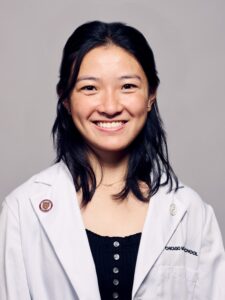
Hello! My name is Jenny Lee.
I am a second-year medical student at Rosalind Franklin University of Medicine and Science. I participated in the Durban program during the summer of 2024 (US summer, Durban winter) and learned so much about the public health and education system in South Africa, various specialties in medicine, and the challenges posed by infectious diseases. Connecting with the local community and culture helped me understand how colonization has influenced present-day attitudes and the political environment, which in turn impact healthcare and access. Besides these scholarly takeaways, I embraced a strong kinship with my homestay family, CFHI peers, and community connections. Outside of school and global health adventures, I enjoy cooking, baking, trying new restaurants, bakeries, and coffee shops, hiking, running, practicing yoga, doing arts and crafts, latte-making, playing pickleball, and connecting with friends and family.
Clinical Rotations & Public Health Placements
Meet the Local Team
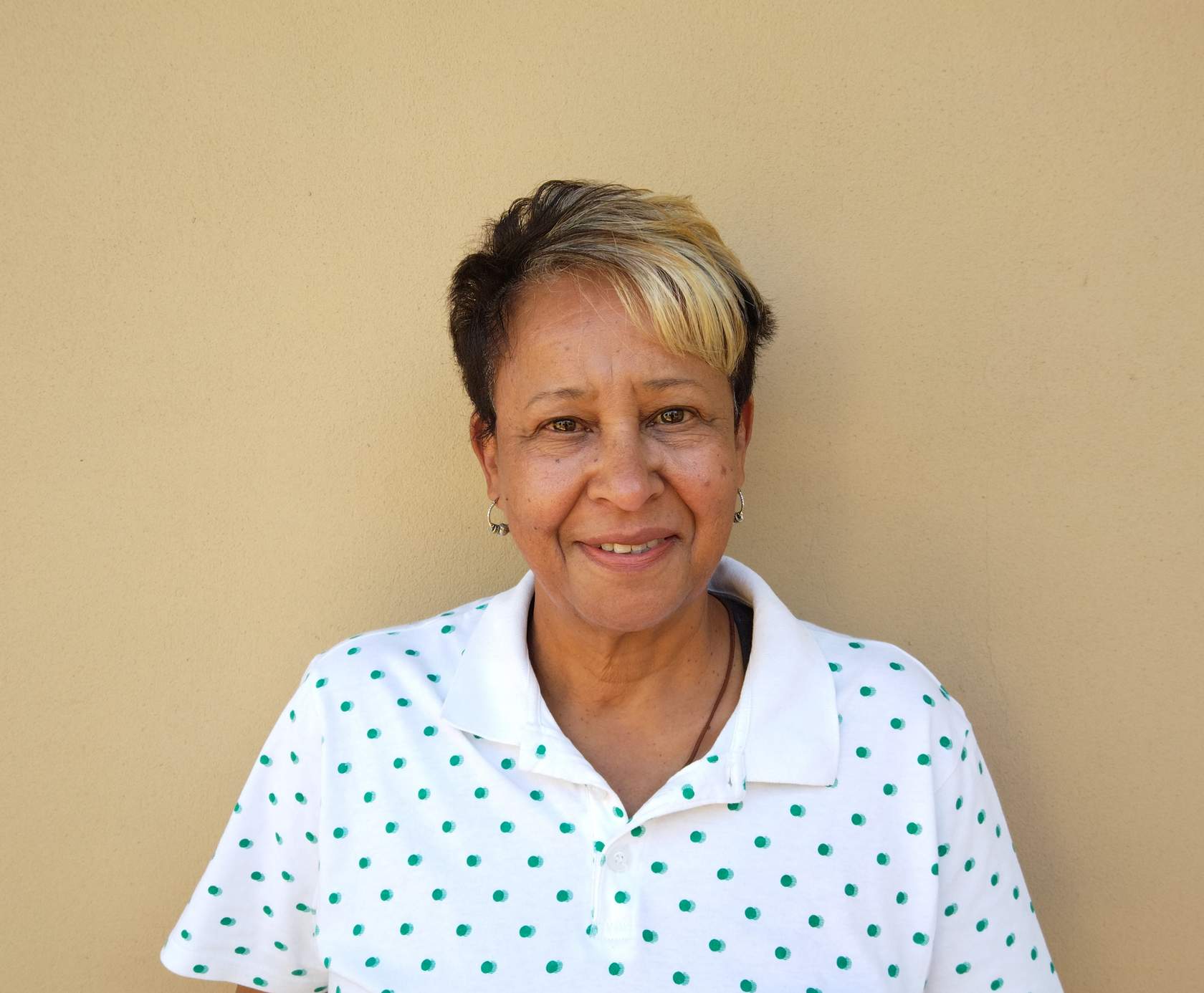
Mrs. Tessa Beaunoir – CFHI Durban Medical Director
The local Medical Director oversees and arranges all clinical and public health-related activities and is also responsible for coordinating healthcare and emergency services for participants as needed. They coordinate a cadre of preceptors who mentor and supervise program participants at both clinical and public/community health sites.
CFHI’s Medical Director in Durban, South Africa since January 2014, Ms. Tessa Beaunoir obtained her degree in General Nursing at Coronation College of Nursing in 1980. She then obtained her degree in Midwifery at R.K. Khans Hospital in 1981 and a Diploma in Community Nursing at Durban University of Technology in 1994. Tessa also has a degree in Nursing Administration from KZN University and completed courses in Primary Health Care & Dispensing License. She worked at the Ethekwini Municipality Health Department in the Primary Health Care Clinics from 1987 to 2012. From 2012 until the Centre closed in 2016, Tessa worked at the Blue Roof Wellness Centre; dealing with HIV patients specifically.

Mrs. Maureen Bell – CFHI Durban Local Coordinator
The CFHI Local Coordinators manage the logistics of housing, transportation, and cultural immersion throughout the program. Maureen is a native to Durban and is a great resource for any questions related to navigating Durban, cultural norms, and tips on planning weekend travel.
Maureen has served CFHI since October 2008. She graduated from a local college with a National Diploma in Public Management & Administration. She enjoys working with CFHI students because she believes it is an opportunity to expose international students to the local healthcare system, facilities, and culture. During her free time, Maureen likes to listen to a wide variety of music, read, and exercise.
This CFHI program is ideal for participants who are 19 years of age or older, who have an interest in fields related to hospital & inpatient medicine, primary health care, communicable diseases, pediatric & child health and end-of -life & palliative care. You do not need to be a student to be eligible for this program; mid-career professionals, GAP year learners, and others are also welcome. This program will provide an in-depth overview of hospital & inpatient medicine, primary health care, communicable diseases, pediatric & child health and end-of -life & palliative care in South Africa through rotations within clinics and hospitals in Durban. To confirm your eligibility, please read CFHI’s general eligibility requirements.
The Sustainable Development Goals are a global roadmap set forth by the United Nations General Assembly to end poverty, protect the planet, and ensure the well-being of all individuals by the year 2030. This program highlights the following SDGs:
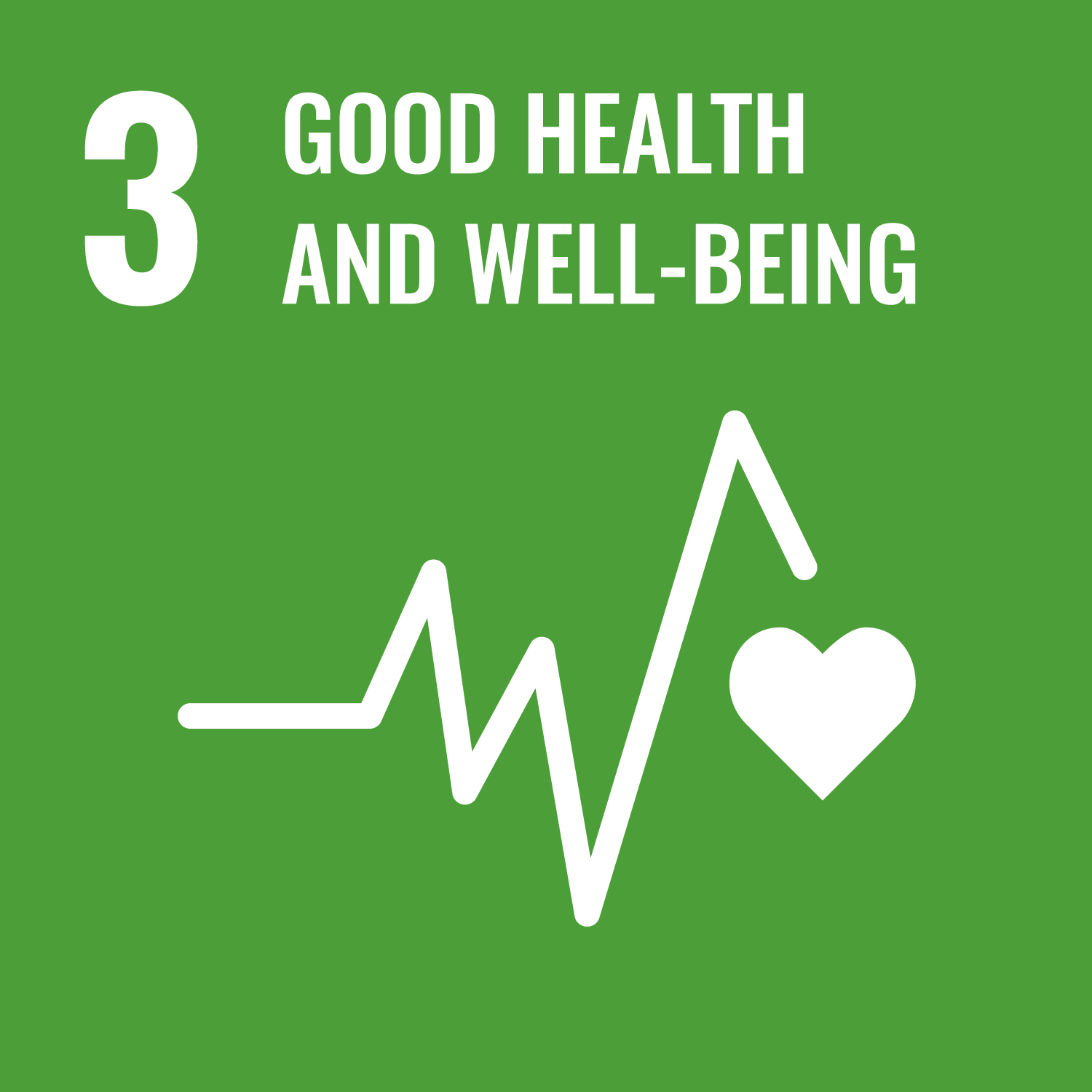
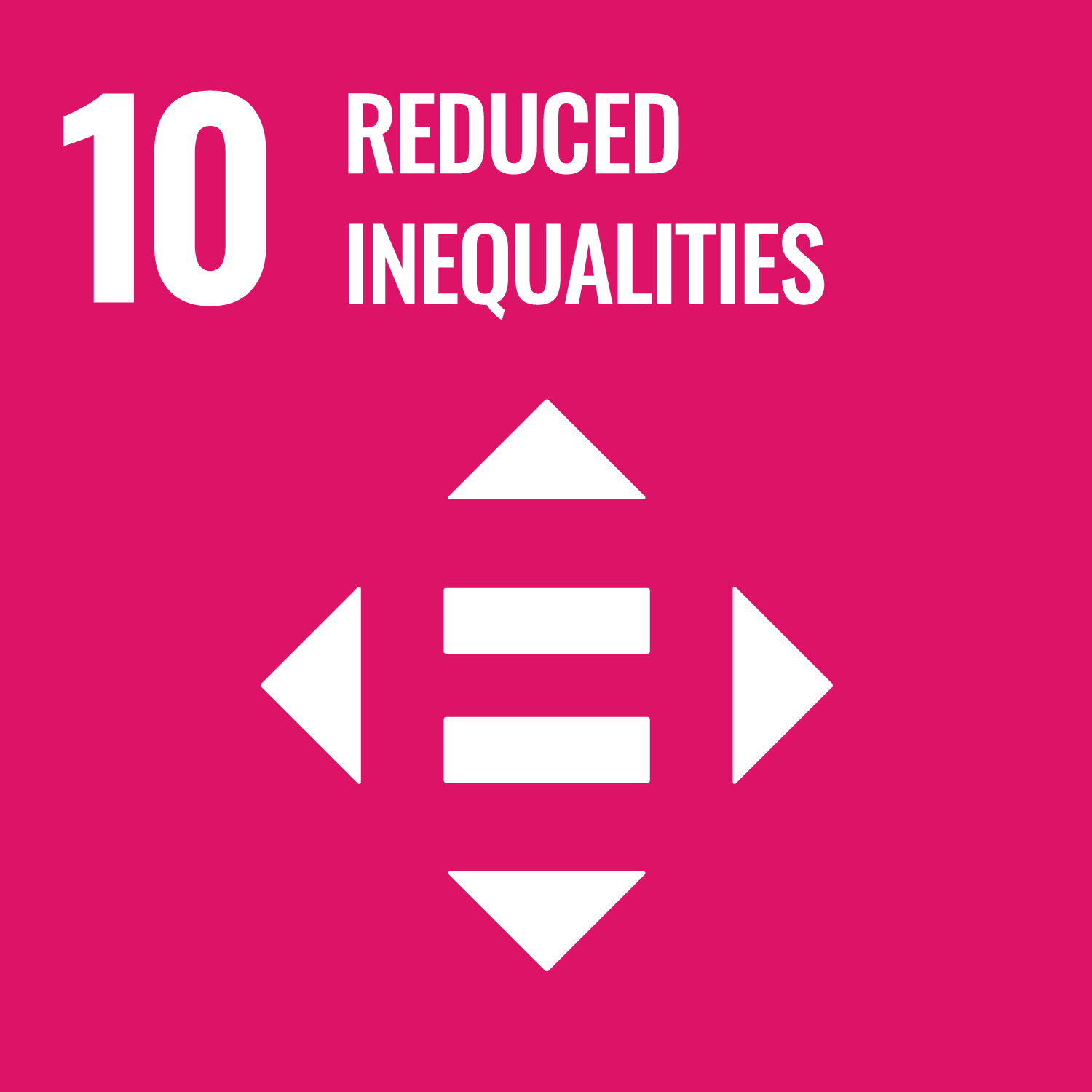
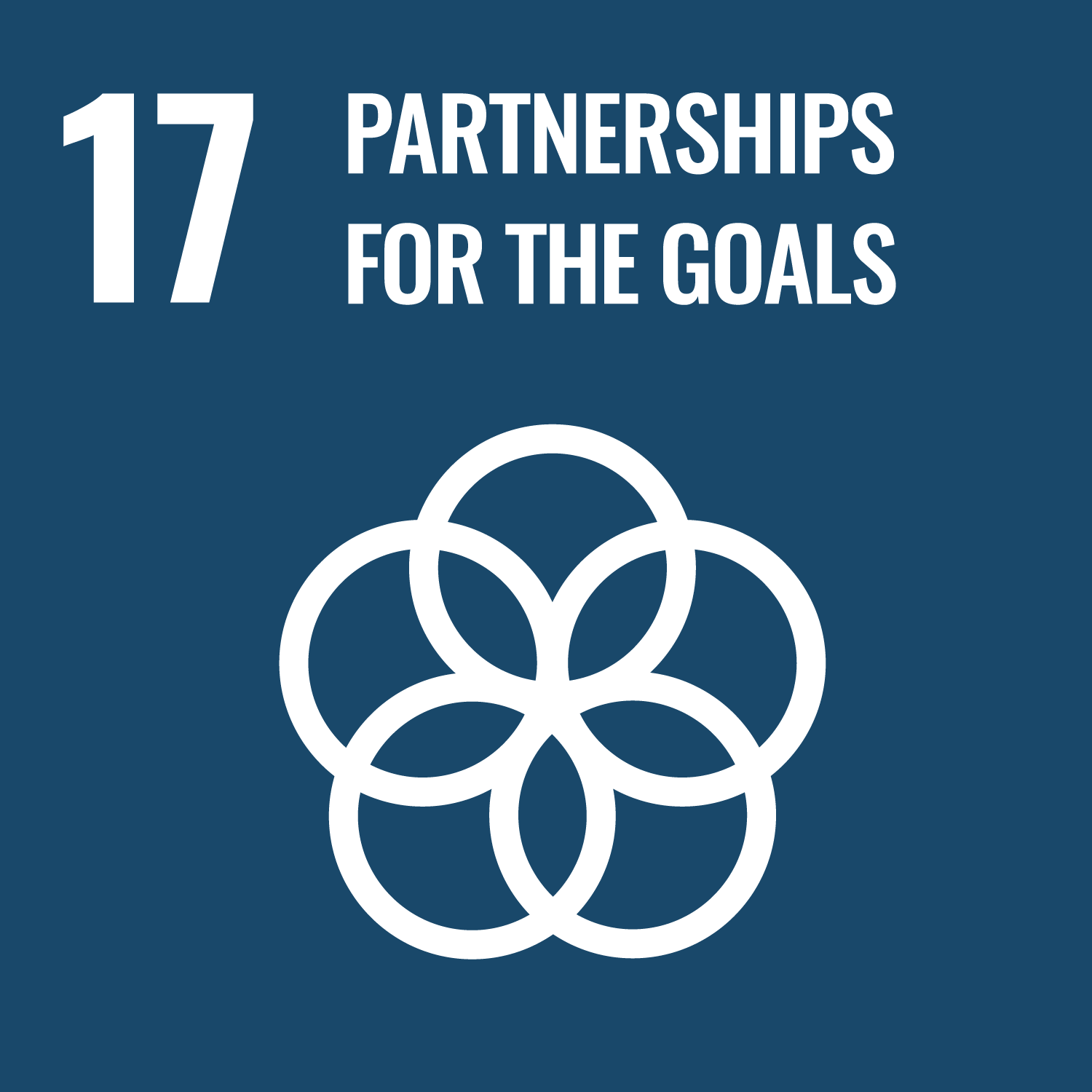
How to Apply
Create profile
Submit application
Hear back from CFHI team
Complete pre-departure training and requirements



Let The World Change You
